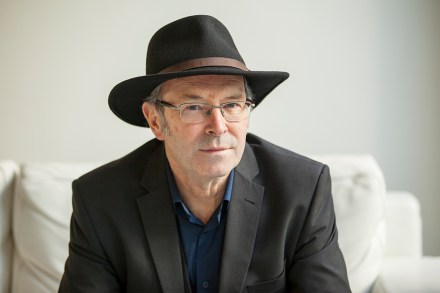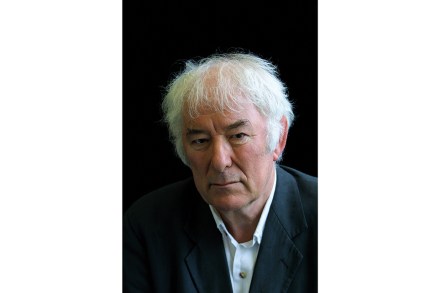Anonymous caller: This Plague of Souls, by Mike McCormack, reviewed
Mike McCormack is much garlanded. He won the Rooney Prize for Irish Literature with his first collection of stories; the Goldsmith’s Prize followed in 2016, along with the Irish Book of the Year Award and the International Dublin Literary Award, for his novel Solar Bones. A book-length, single- sentence analysis of a man’s life, that story sprang off the page with the force of a blow. This Plague of Souls, his fifth novel, is more distanced. Not a story with a beginning, middle and end, it circles in widening gyres, swooping now and then on to a tightly focused moment as its ambiguous hero tries to make sense of an




















